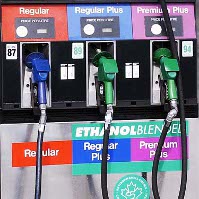 Since we have been experiencing a lot of extreme weather here in Colorado, it’s important that we prepare for the unexpected as we drive around our cities and our state. We need to be ready for anything. With the unpredictable nature of our weather, you never know when you might have a road close down or wash out and leave you stranded in your car longer than you intended. Our last two summers have been filled with either fires or floods and both of these forces of nature are capable of cutting off our roads. Are you prepared for car survival?
Since we have been experiencing a lot of extreme weather here in Colorado, it’s important that we prepare for the unexpected as we drive around our cities and our state. We need to be ready for anything. With the unpredictable nature of our weather, you never know when you might have a road close down or wash out and leave you stranded in your car longer than you intended. Our last two summers have been filled with either fires or floods and both of these forces of nature are capable of cutting off our roads. Are you prepared for car survival?
When it comes to packing a car for an emergency, adventurer and Expedition Wild host, Casey Anderson says he’s “like a turtle, practically carrying my entire house on my back.”
People spend a lot of time in their cars, and there are a few essentials we all need. Anderson recommends having at least a gallon of drinkable water in your car – crucial if you are stranded for a long time. It also has many other uses, such as first aid and putting out fires that are not chemical or electrical in origin, to name just a few. You should also toss some energy bars in your glove compartment, along with some hard candies to pass the time and give you energy to keep a clear mind if you need to wait a while for help. In any emergency, communication is very important. So it’s always a good idea to keep an extra cellphone battery and a fully charged external charger in your car.
We want you to be safe in your car, so take a few steps and prepare for the unexpected.

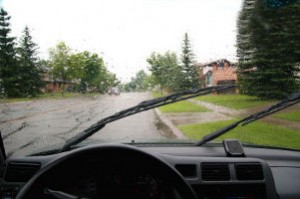
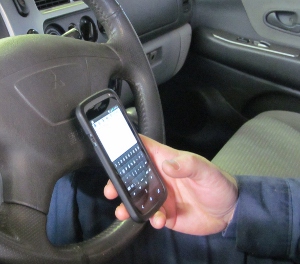
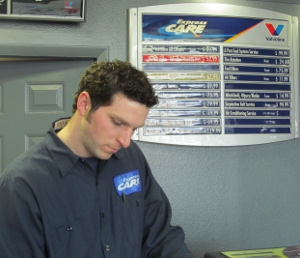
 Are your headlights working? Every day brings darkness to us a bit earlier – and good working headlights will light your path and keep you safe. A simple headlight bulb may be the solution.
Are your headlights working? Every day brings darkness to us a bit earlier – and good working headlights will light your path and keep you safe. A simple headlight bulb may be the solution.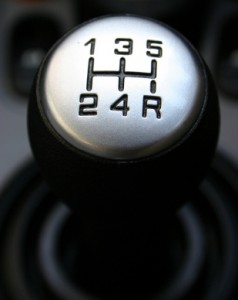 In order to make sure your car is in top shape, don’t wait for a problem to occur. Instead, find a neighborhood car repair shop you can trust; one that will help you keep your car in great shape, and one that will give you reliable transportation for many years to come.
In order to make sure your car is in top shape, don’t wait for a problem to occur. Instead, find a neighborhood car repair shop you can trust; one that will help you keep your car in great shape, and one that will give you reliable transportation for many years to come. So, instead of buying new, people are finding ways to take better care of their current car to extend its life. The maintenance is worth the money because more and more cars are staying on the highway well past 100,000 miles. Here are some tips to help you keep your current car rolling down the road.
So, instead of buying new, people are finding ways to take better care of their current car to extend its life. The maintenance is worth the money because more and more cars are staying on the highway well past 100,000 miles. Here are some tips to help you keep your current car rolling down the road.
